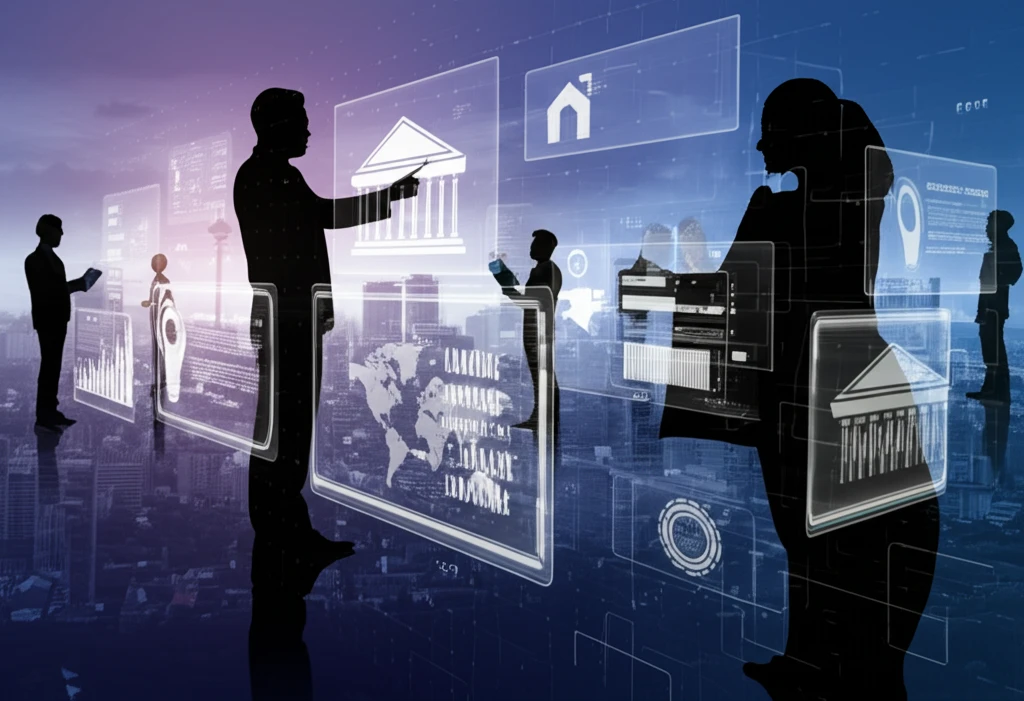
Decoding Digital Banking: How e-CRM Builds Customer Loyalty in Indonesia
"Unlock the secrets to thriving in Indonesia's digital banking era with effective e-CRM strategies that boost customer engagement and loyalty."
The financial sector is undergoing a massive transformation, driven by technology and changing customer expectations. In Indonesia, this shift is particularly evident in the banking industry, where digital solutions are rapidly reshaping how banks interact with their customers. To thrive in this environment, banks are turning to electronic Customer Relationship Management (e-CRM) strategies to foster deeper engagement and build lasting loyalty.
e-CRM leverages digital tools like databases, websites, email, and social media marketing to create a more personalized and responsive customer experience. By understanding customer preferences and behaviors, banks can tailor their services, offer targeted promotions, and provide seamless support across multiple channels. This approach not only enhances customer satisfaction but also drives efficiency and reduces costs.
This article delves into how Indonesian banks are utilizing e-CRM to build customer engagement and loyalty in the digital age. We'll explore the key components of successful e-CRM strategies, examine real-world examples, and offer insights into how banks can optimize their approach to stay ahead in this competitive landscape.
The Power of e-CRM in the Indonesian Banking Sector

e-CRM isn't just about technology; it's about building meaningful relationships with customers. In Indonesia, where mobile penetration is high and digital adoption is growing rapidly, e-CRM offers a powerful way for banks to connect with customers on their terms. By providing convenient access to services, personalized communications, and proactive support, banks can create a sense of value and build trust.
- Increased Customer Loyalty: An effective e-CRM system enables banks to communicate with customers through their preferred channels, understand the cost of acquisition, and focus on retention strategies.
- More Effective Marketing: Analyzing customer data from multiple sources provides insights into which marketing campaigns resonate most, optimizing marketing spend and increasing profitability.
- Improved Customer Service: e-CRM allows banks to respond to customer needs quickly and efficiently, resolving issues and providing support through various digital channels.
- Greater Efficiency and Cost Reduction: Centralizing customer data in a single database allows different departments to share information and collaborate, streamlining operations and reducing costs.
Building Emotional Connections Through e-CRM
To create true customer loyalty, Indonesian banks should aim to build emotional and experiential value through their e-CRM initiatives. This means creating content that is both informative and engaging, fostering a sense of community, and personalizing interactions to make customers feel valued. By focusing on building genuine connections, banks can turn satisfied customers into loyal advocates.
